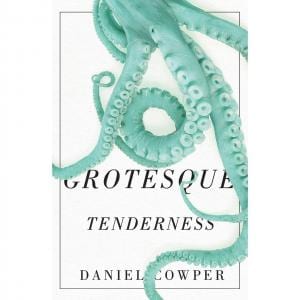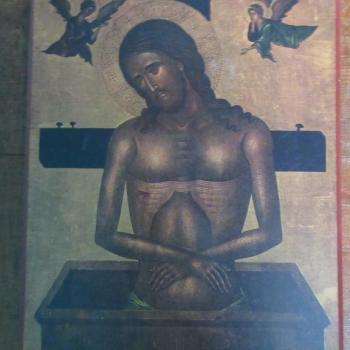John Allen has the details, reporting Benedict’s words as follows:
“We have to reflect on what was insufficient in our education, in our teaching in recent decades. There was, in the ’50s, ’60s and ’70s, the idea of proportionalism in ethics: It held that nothing is bad in itself, but only in proportion to others. With proportionalism, it was possible to think for some subjects — one could also be pedophilia — that in some proportion they could be a good thing. Now, it must be stated clearly, this was never Catholic doctrine. There are things which are always bad, and pedophilia is always bad. In our education, in the seminaries, in our permanent formation of the priests, we have to help priests to really be close to Christ, to learn from Christ, and so to be helpers, and not adversaries of our fellow human beings, of our Christians.”
I hadn’t thought about this link before. Perhaps there is some merit to it. And certainly, the rise of really awful trends in moral theology like proportionalism and consequentialism seem to be part and parcel of the “silly season” of the 1970s, alongside liturgical deviation. While it was heavily influenced by the narcissism of the times, it was also a reaction (an over-reaction, for sure) against a Catholic culture that had hitherto been seen as overly repressive.
But I’m a little skeptical. I’ve been following the Church sex scandal in Ireland, long before it rose to prominance in America (about a decade earlier). I saw the same trends in both countries– in fact, some of the worst offenders in the US were either Irish born, or trained by the Irish church. And here’s the problem: I don’t believe theories of moral relativism were ever taught in Irish seminaries at the time. In fact, nearly all the abuse in Ireland occurred at a time when the society and culture were closed and insular, heavily affected by a deep clericalism, insecure, and highly suspicious of outside influences. The infamous John Charles McQuaid (archbishop of Dublin from 1940 until 1972)– a man highly suspicious of the council and a little reactionary– would never have sanctioned this kind of theology! In fact, it seems more likely that the abuse arose precisely from this rather unhealthy repressed environment of the time, and the data seem to bear that out.












